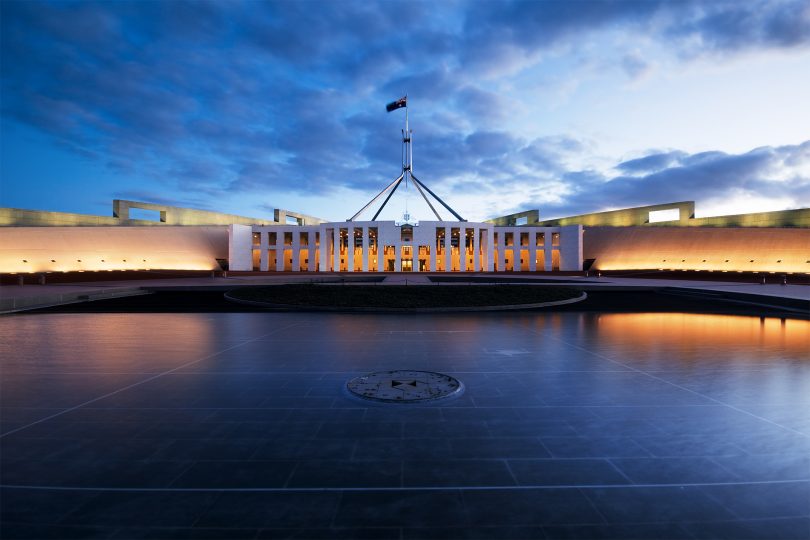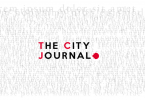About $1 billion was raised in indirect payments to political parties, unions and other entities in the 2018-19 financial year. Roughly 23 per cent of this came from the 20 wealthiest public firms in Australia, according to an analysis of donation data.
Direct donations to all political parties were just under $125 million. Of this, close to $1.5 million came from nine of the wealthiest public firms in the country (the remaining 11 in the ASX 20 either did not or do not donate). However, this direct donation data is heavily skewed, owing to Clive Palmer’s bid in the 2019 election, where his party received $80 million from his mining company, Minerology.
Excluding Minerology from the data and focusing on the donations of the ASX 20 to the major parties, their contributions alone account for a little under a third of all donations made in that financial year.
The opaque nature of what the Electoral Commission calls “other receipts” makes it difficult to determine what payments were eventually spent on. These payments can include revenue from the sale of assets or returns from dividends, but they can also include speech fees and payments from other events. While only a quarter of the ASX 20’s other receipts went to parties themselves the rest of the spending went to groups that themselves campaigned for certain causes or parties.
Some groups are also closely aligned to individual political parties. The Cormack Foundation, for instance – which received more than $4 million – was set up in the 1980s to invest and hold money for the Liberal Party. A similar entity was created for the Labor Party, Labor Holdings, which received just under $75,000. Such payments can create a dependency of the largest political parties on the financial institutions.
In a submission to the 2018 Senate inquiry into political funding, Dr Joo-Cheong Tham, an associate professor at Melbourne Law School, said substantial donations tended to “create a conflict between private interests and public duty” and “the possibility that holders of public office will give undue weight to the interests of their financiers”.
Other countries, such as New Zealand, have more transparent systems of political-donation reporting. Anonymous donations, for instance, are collected by the Electoral Commission before being sent to parties. Donations of more than $30,000 also must be reported within 10 working days.
The Electoral Commission, in a submission to the Senate inquiry, said reporting donations in real time “may provide a level of transparency to the public that optimizes engagement and confidence in the political process”.
(Featured Image: JJ HARRISON)







